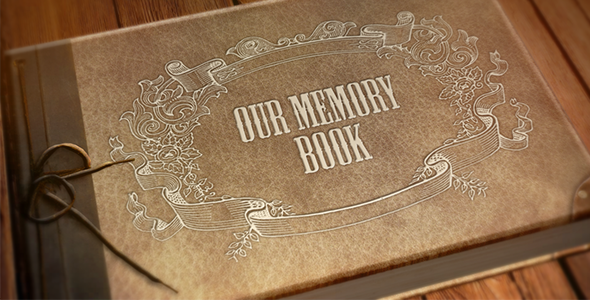Natasha Anguelouch Week #16: Memory and True War Stories
I am interviewing my grandmother for my True War Story. She and her family fled from German forces during World War II; over 26 million people died in Russia during the war, and my grandma’s family understandably wanted to avoid such a fate. The only problem with documenting her experience is that she was two when World War II happened, and she is one of the last surviving members of her family. Because of this, when she tells me her story she will be reiterating what she has heard. She will be gathering the memories that her older sister, parents, and family friends shared with her throughout her childhood and presenting them to me. There will be somewhat of a telephone effect; these memories will be altered as time muddles the details and several people have different versions of a single story. Biases warp stories too. They affect story retellings and shape the way people perceive different tales. Telephone effect or not, my family’s memories will be kept alive simply by my grandmother’s telling them to me. She has already shared many of them with me, but I know that the act of taking notes will prevent her family’s story from fading into oblivion. These memories, which are really pieces of history, are truly special and I love that I am now being entrusted with them. Indeed, keeping these memories in existence preserves what history books cannot capture: individuals’ feelings, worries, and all of the things that make them human.

.png)

Hi Natasha,
ReplyDeleteThe telephone effect can be seen all around us. For example, when a rumor is spread around school, every time the story is retold somehow it gets worse. When you are telling a story about yourself, the information tends to get better in your favor. Even when stories are told from a someone who directly experienced the event, details are altered. It is weird how we will not know exactly what happened unless we are there ourselves. Actually, now that I think about it, even if we are there, we will change things to alter our perception of the event. Will we ever know exactly what happens in life, how it happened?
Hi Natasha,
ReplyDeleteThe True War Story interviews really have been a powerful experience. They enabled me to view the conflict that my interviewee was involved in through a personal and emotional lens that I would normally never have access to. And, like you've mentioned in your post, there is something very empowering about being trusted with these vulnerable emotions and experiences.
Hi Natasha, I too have learned many new things after my interview for the True War Story. The interview opened up a new perspective about war and the military to me and I saw the viewpoint of a soldier who has experienced a war firsthand. I can't imagine what these soldiers would have went through and how much bravery it takes to fight in a war.
ReplyDeleteHi Natasha, I found your blog very heartwarming to read. I am happy to hear that such memories are kept alive by the tradition of the telephone. Often, many of our memories are documented by other people such as our parents. Thus it is important to share the good times you have with others.
ReplyDeleteHi Natasha, your blog made me think of how some memories are shared to us, and sometimes, we have no idea about the context or significant memory at all until we are told about it. These memories may seem insignificant to us, yet, it's interesting to think about how they may be interpreted by others.
ReplyDeleteHi Natasha, I connect with your blog. The person I interviewed was only 5 years old when they lived in El Salvador during civil war. They don't often tell me things about this time, but I always want to learn more about my family and the memories they have of the places they came from. shared memory is just as important as the ones you have yourself.
ReplyDeleteHey Natasha, I find that memories that we share with each other in the form of stories are always changing and ever evolving based on the person that is telling them to your credit with your telephone effect analogy. It is this effect that makes the stories more memorable in my opinion because of the little changes in the details are what give the stories a piece of all those that are telling them and passing them down is what keeps families alive and together.
ReplyDeleteHi Natasha, I think the way stories change after being told many times is miserable. Instead of being able to enjoy the history of the moment, we are all thinking if the story is true or false. I also think that some stories are made more critical with the media by adding dramatic changes. I hope that we can reach a point where we do not have to worry about which places are giving accurate information.
ReplyDelete